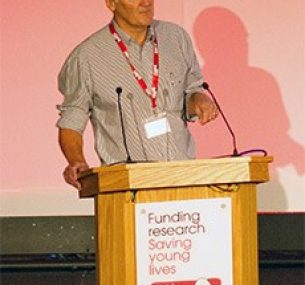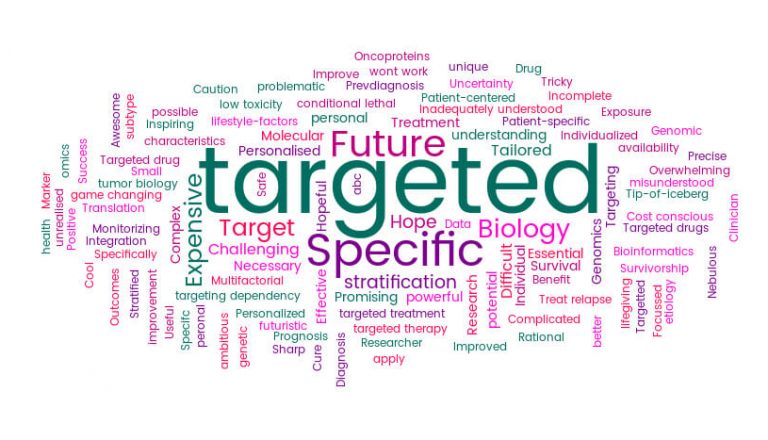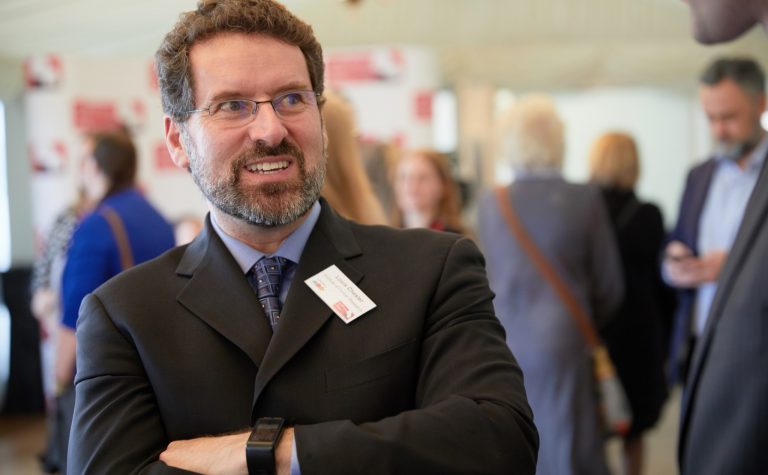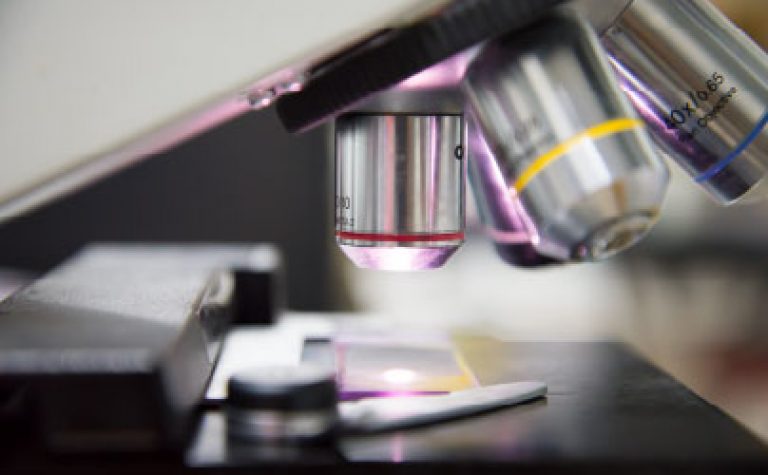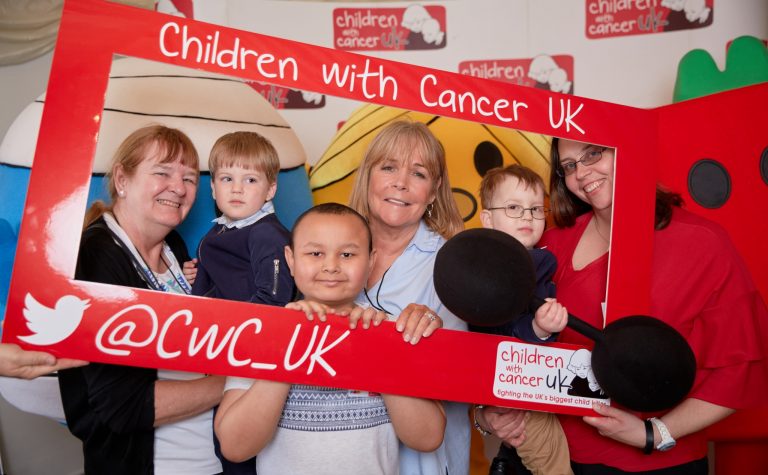Making precision medicine a reality in the UK for young cancer patients
Precision medicine was the focus of the first day of our recent conference, Childhood Cancer 2016. We brought together some of the world’s leading experts in precision medicine and childhood cancer to discuss some of the issues outlined above and to consider the barriers and opportunities for precision therapy for children with cancer in the UK.
Dr Nick Goulden, Medical Director at Children with Cancer UK, chaired Childhood Cancer 2016. He said:
There is early evidence that precision medicine works in childhood cancers and can save lives. Crucially for young patients, such targeted therapies could also reduce the burden of toxicity, and help them to improve quality of life both during and after treatment.
However, whilst some colleagues in the US and Europe are already systematically applying this technology to young cancer patients and seeing some success, efforts in the UK have been ad hoc rather than systematically applied in clinical trials.
To help drive forward the implementation of precision medicine for young cancer patients in the UK, Children with Cancer UK is supporting the initial phase of a programme to implement DNA sequencing for every child diagnosed with a solid tumour in the UK.
This work is being led by Professor Louis Chesler at The Institute of Cancer Research in London, on behalf of a large multi-centre consortium.Our funding will support the building of a national infrastructure for rapid-turnaround sequencing of tumour DNA from young cancer patients.
Read more: Professor Louis Chesler – Enabling molecular profiling in childhood cancer
